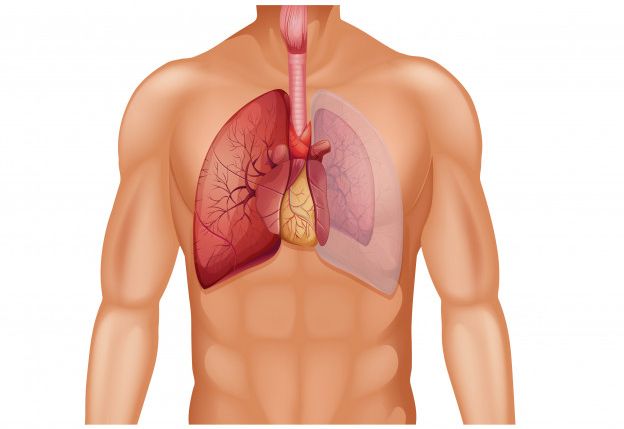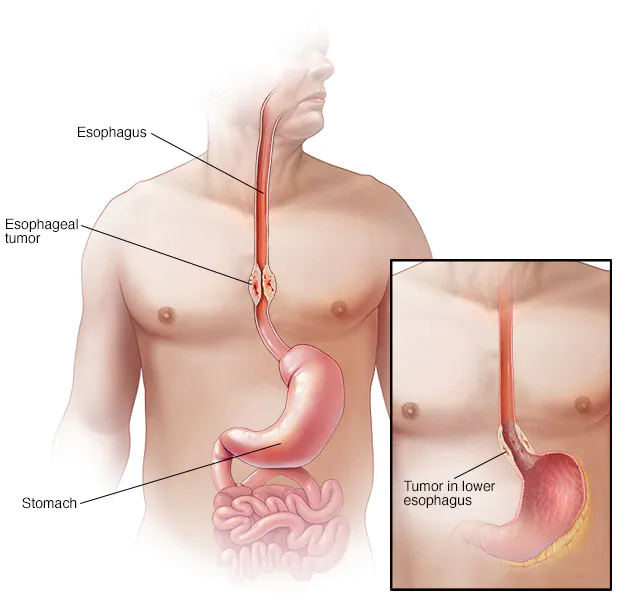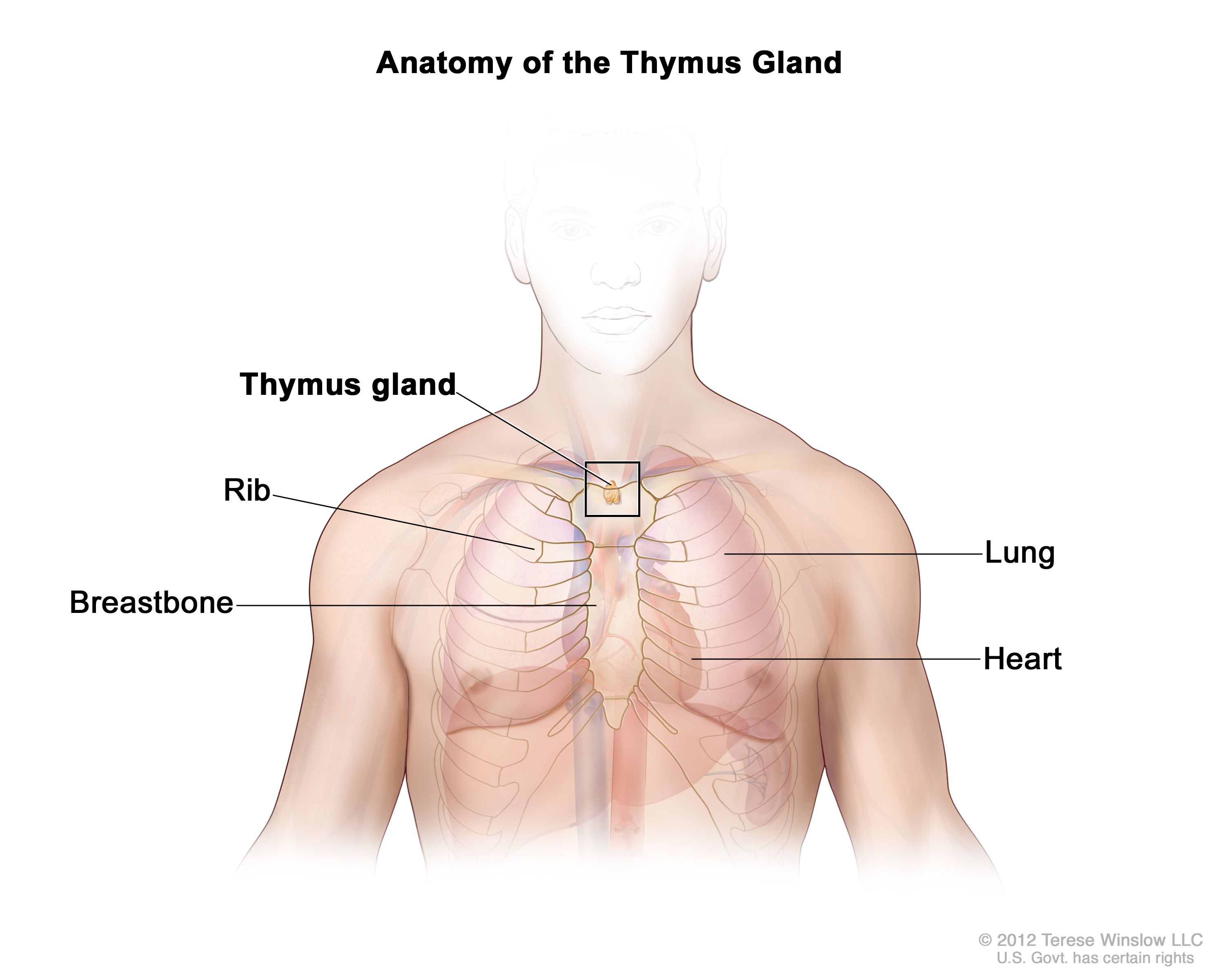Overview of thoracic cancer
Thoracic cancer refers to any cancer located in the organs, glands, or structures of your thoracic cavity, or chest. This includes well-known cancers such as lung cancer (currently the second-most common cancer among both men and women) and Esophaegus cancer, as well as less common cancers such as thymus cancer and pleural cancer.
The specialists in oncology of Dignity Health are here to assist you throughout your journey to thoracic carcinoma. Contact a doctor today to create a customized treatment program
Symptoms
The symptoms of thoracic cancer differ based on the particular kind of cancer and the type of tissue it is affecting. In the beginning there are usually no symptoms. As a it is, thoracic carcinoma is difficult to detect until it is in the point of progression.
When symptoms do occur, they may include:
- A new cough that does not go away or gets worse with time
- Changes in a chronic cough or “smoker’s cough”
- Chest pain that worsens with laughing, deep breathing, or coughing
- Coughing up blood or bloody or rust-colored mucus
- Fatigue
- Heartburn, indigestion, or vomiting
- Hoarseness
- Shortness of breath or wheezing
- Unintentional weight loss or unexplained loss of appetite
- Weakness
These symptoms are also common in other conditions, which means that noticing one or more doesn’t mean you have cancer. Certain people may also be diagnosed without any sign or symptoms. Going to the medical professional is the only method to be sure the truth


.jpg)
